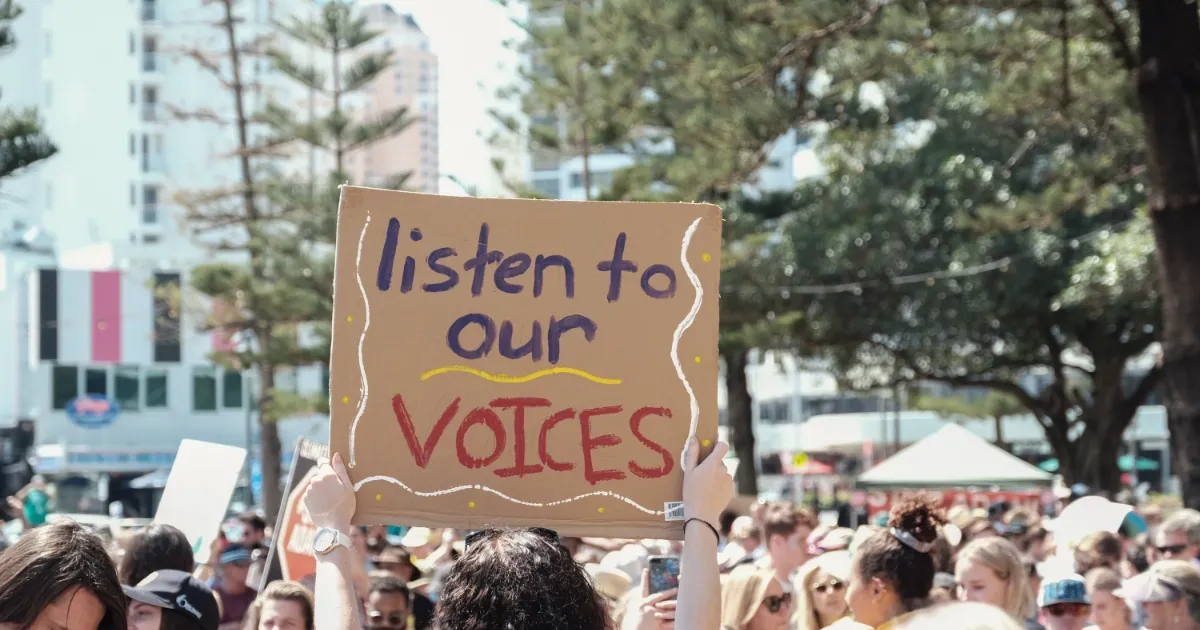
Community Engagement
An exploration of community engagement in Dawesville, addressing the tendency to complain rather than act, while providing insights into council responsibilities, procedures, and project timelines.
Communities often see residents airing grievances about local issues such as potholes, bin collections, or neglected parks. While discussions highlight the shared problems, they rarely lead to action, leaving concerns unresolved and frustrations to persist. The City of Mandurah, as the local governing body, provides clear processes for addressing these issues, yet many fail to engage.
Why Do People Complain but Avoid Action?
The tendency to complain rather than engage proactively often originates from psychological and social factors. Understanding these barriers is critical to encouraging constructive community participation.
Diffusion of Responsibility
Many individuals assume others will take responsibility, leading to inaction. This phenomenon, known as "diffusion of responsibility", results in unresolved issues across the community.
A Sense of Helplessness
There is a common perception that individual voices cannot influence change. This belief, coupled with assumptions that authorities will not act, discourages residents from reaching out.
Unclear Processes
Unfamiliarity with the procedures for reporting issues or engaging local authorities is another major barrier. Without clarity on where to start, individuals often resort to complaints without taking further steps.
The Role of Mandurah Council
The City of Mandurah plays a vital role in resolving community concerns. Understanding the council’s responsibilities and engagement processes empowers residents to participate effectively.
Responsibilities
- Infrastructure Maintenance: Repairs to roads, footpaths, and public spaces.
- Parks and Recreation: Upkeep of playgrounds, green spaces, and community facilities.
- Waste Services: Managing waste collection and recycling programs.
- Community Safety: Addressing public safety concerns such as lighting and hazards.
- Planning and Development: Managing applications for new developments and zoning requirements.
Procedures for Addressing Concerns
Mandurah Council follows a structured process to address concerns raised by residents:
- Submission: Residents can report issues through online platforms, phone calls, or community meetings, providing detailed descriptions and supporting evidence.
- Assessment: The council evaluates the concern, often involving inspections and feasibility checks.
- Planning: For larger projects, planning includes resource allocation, cost analysis, and approval stages.
- Updates: Regular updates on the status of concerns or projects are provided via the council's communication channels.
- Implementation: Quick fixes are handled internally, while larger projects may involve tenders and contractors.
- Completion and Review: Solutions are implemented, and their effectiveness is reviewed for future improvements.
Typical Project Timelines
Response times vary depending on the complexity of the issue:
- Minor repairs: Issues like streetlight outages or potholes typically take 1-4 weeks.
- Medium-scale projects: Upgrades to playgrounds or amenities often require 1-6 months.
- Major projects: New developments like community centres may range from 12-24 months, based on planning and public consultation requirements.
Encouraging Community Engagement
Breaking the habit of inaction requires creating a culture of proactive participation. Here are some strategies to empower residents of Mandurah:
Education and Awareness
Accessible resources and workshops ensure that residents understand the processes and options available for reporting issues or proposing initiatives.
Easy Reporting Mechanisms
User-friendly reporting platforms, such as online portals or mobile apps, streamline communication with the council and make engagement straightforward.
Focus on Solutions
Community meetings and online discussions should emphasise practical solutions. Facilitating brainstorming activities encourages residents to take the first step toward resolution.
Collaborative Initiatives
Organised community programs, such as clean-up days or tree planting drives, foster a sense of collective responsibility and pride.
Highlighting Successes
Sharing success stories of residents who achieved meaningful change by collaborating with the council can serve as a powerful motivator.
Building a Better Future for Dawesville
It takes active participation from every community member to realise it, but by working hand-in-hand with the council, residents can address concerns efficiently and create a thriving and connected neighbourhood. Whether it’s reporting that pothole or rallying friends for a park beautification project, every effort counts.
A stronger Dawesville starts with action. The next time a concern arises, remember to turn complaints into collaboration and create impactful change for the entire community.
07 May 2025

